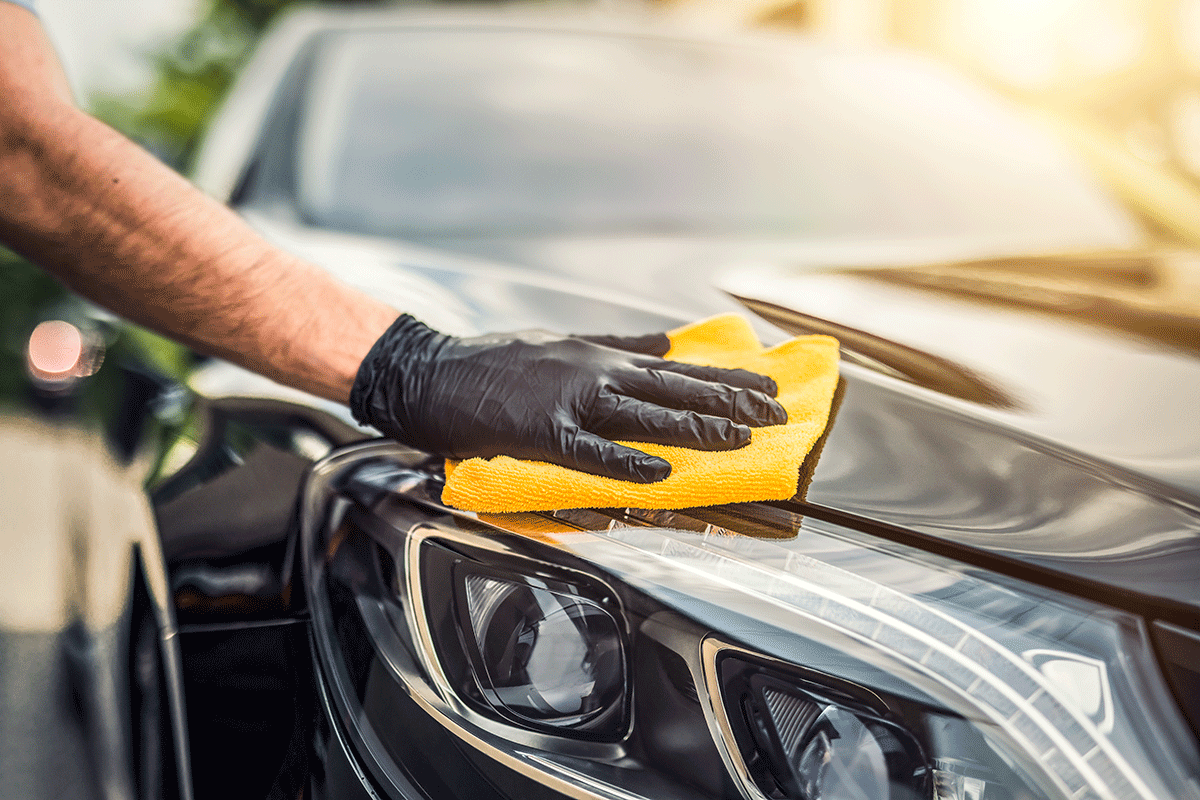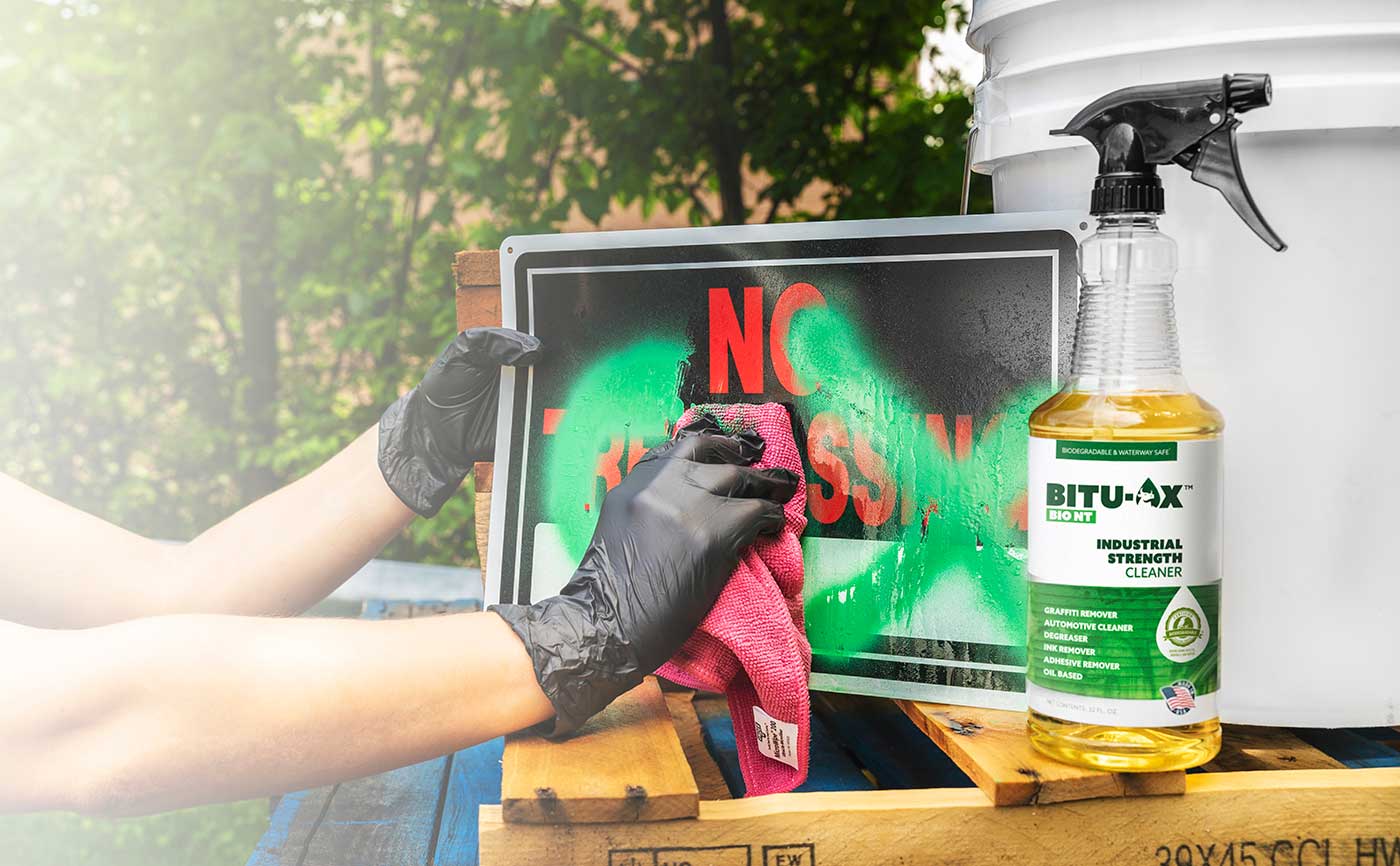The Importance of Proper Tool and Equipment Lubrication
November 18, 2022
Using a lubricant and ensuring you stay on top of regular cleaning and maintenance helps maximize the life of your tools and equipment. This enables you to save money, time, and human resources, making operations more efficient and reliable. Choosing the correct lubricant for your task is essential, but so is choosing a high-quality product you can trust, regardless of the job.
The Importance of Equipment Lubrication
Lubrication is crucial to maintaining the integrity and reliability of your tools. As such, equipment lubrication should be carried out regularly and with care. Often tool and equipment lubrication is overlooked and considered an ‘added benefit’ that is only somewhat important for the overall condition of your equipment. In reality, lubricants play a significant role in machinery function and longevity by reducing the wear of moving parts, reducing friction between rotating and stationary parts, absorbing shock, and reducing operating temperatures. Lubricating your tools and equipment can also help minimize metal surface corrosion, keep contaminants out of the system, and seal and protect the components.
Why Do We Need Lubrication for Tools and Equipment?
Proper lubrication is essential to keep your tools and equipment in top condition. The primary reasons are:
1. Reducing Friction
Using a lubricant reduces the heat generated when two surfaces are in motion. It smooths the process by creating a film between the two surfaces, reducing friction and improving performance and efficiency.
2. Creating Film Between Surfaces
Lubricants control friction and wear on your tools and equipment by forming a film that separates contacting surfaces, reducing energy consumption and prolonging machine life.
3. Protecting Against Corrosion
Proper lubrication through regular, preventative maintenance will provide a range of benefits to ensure the reliability of your tools and equipment. Among these advantages is the protection from causes of corrosion, including water and rust.
4. Preventing Equipment Wear
To prevent wear, lubricants are specially formulated to form a low-friction, protective layer on the wear surface, ultimately creating a barrier between the layers of metal on your tools and equipment.
5. Cooling by Dissipating Heat from Equipment Surfaces
Many machine parts load-carrying or power-transmitting capacity is decisively affected by the maximum temperatures in the frictional heat source. Lubricants cool by dissipating heat from equipment surfaces.
6. Lubrication Ensures Machine Reliability
When a lubricant works effectively in a machine with no chemical degradation and limited contamination, wear is reduced, and reliability is improved.
How Often Should I Lubricate Tools and Equipment?
Taking care of your tools means staying on top of your equipment lubrication to ensure they stay working in top condition for longer. Proper lubrication keeps your tools and equipment’s mechanics running smoothly and decreases the chances of rust developing. As such, most tool and equipment manufacturers recommend regularly lubricating your tools and equipment rather than waiting for them to seize up. Lubrication on the metal portions of tools and equipment will do wonders for longevity, ultimately repelling water, preventing dust, and lubricating any moving parts.
Lubricate Your Equipment with Bitu-Ox™
Regular maintenance, cleaning, and lubrication of your tools and equipment will ensure they stay in top condition for years to come. Bitu-Ox™ 400 is an oil-based cleaner formulated to liquefy and remove asphalt, tar, oil, grease, asphaltene, and paraffins on contact, quickly cleaning tools, equipment, machinery, and more. It also prevents and loosens rust, leaving a protective coating to prevent future rust corrosion, and acts as a heavy lubricant, release agent, and degreaser to ensure you get the most bang for your buck. Contact us today to try it for yourself!





